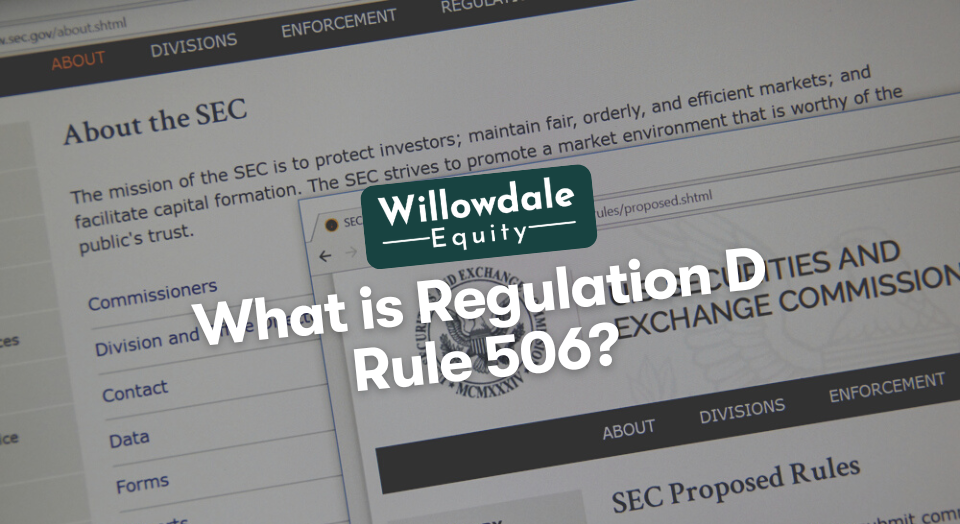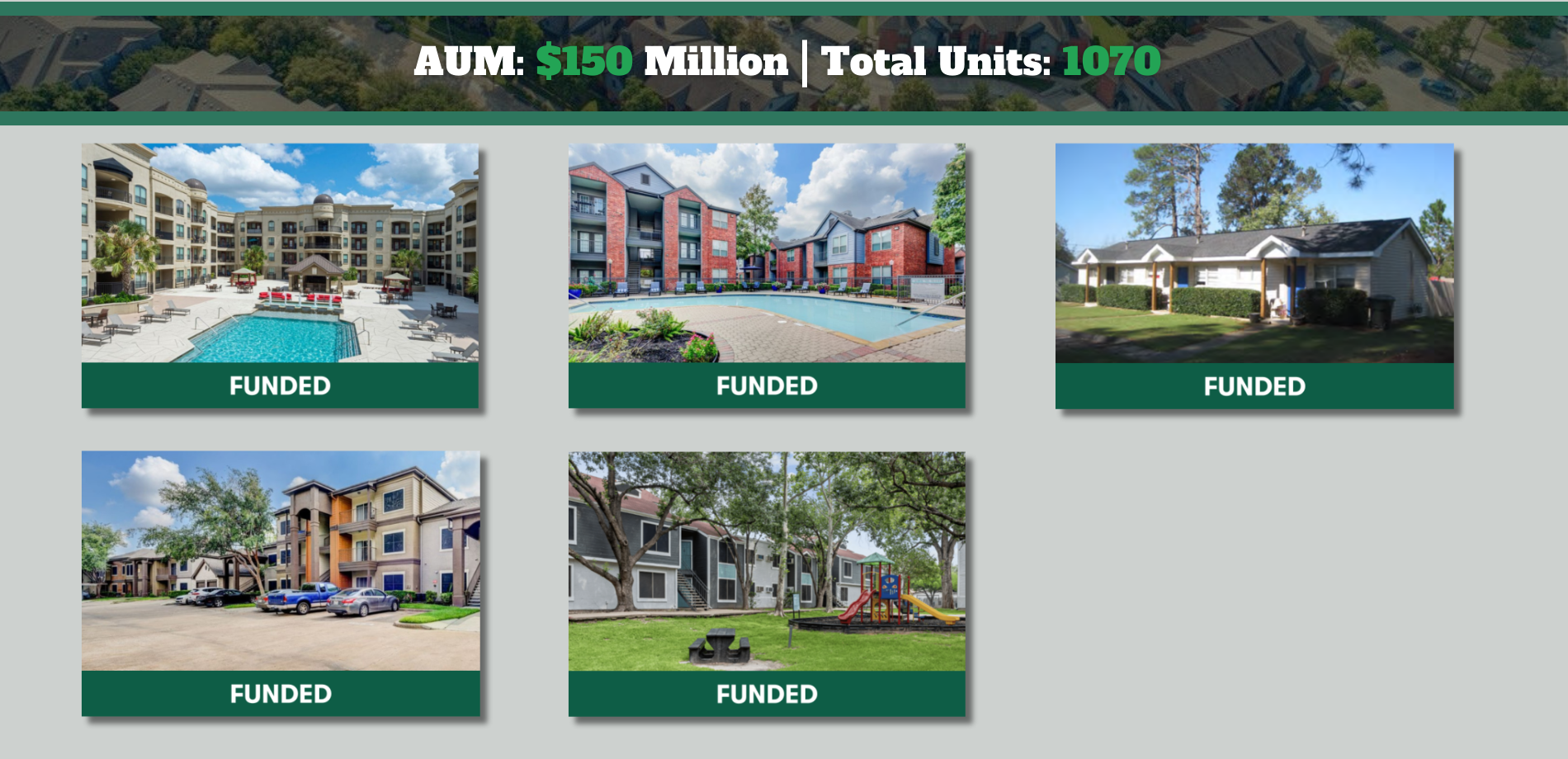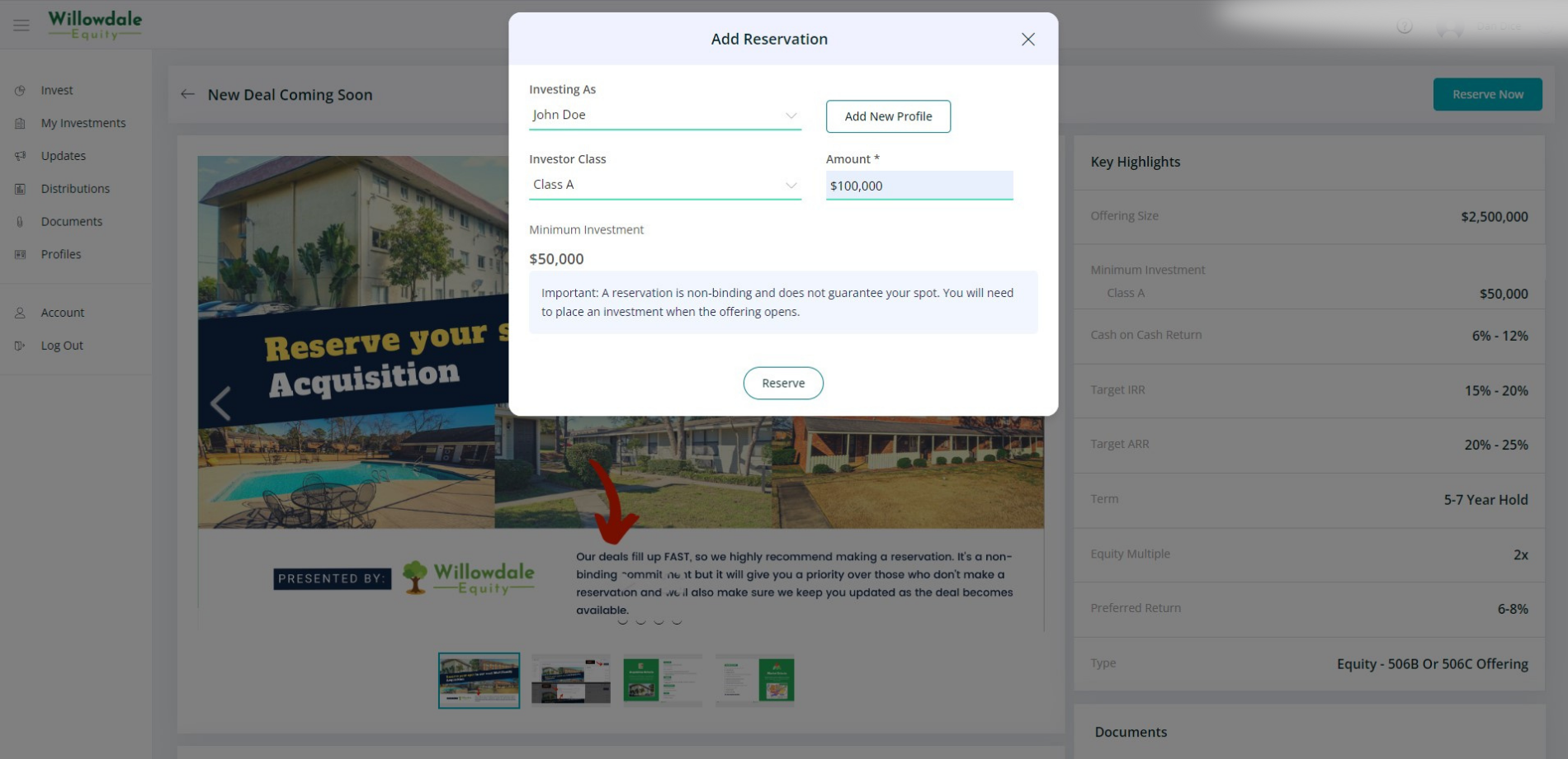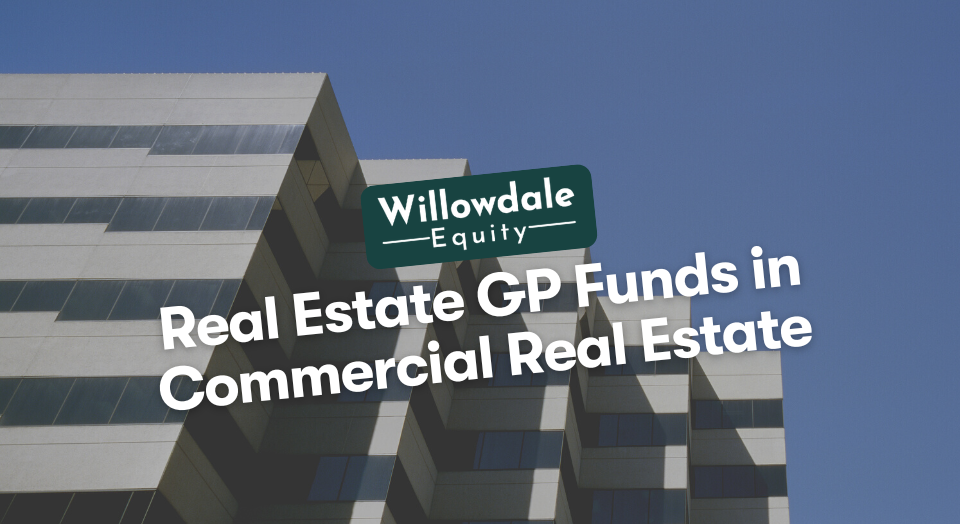
What is Regulation D Rule 506?
This article is part of our passive investors guide on real estate syndications, available here.
Companies, especially startups and new businesses, are constantly looking for fundraisers that can provide them with a financial boost. However, due to the many agency controls surrounding fundraising, this can be a challenge.
One way fundraisers can ease the burden of these regulations is through Regulation D. Regulation D provides an exemption from verifying securities paid to the SEC, among other demands. As a result, real estate investors frequently use it to raise capital.
Whether you’re a seasoned real estate investor or just getting started , a solid understanding of Regulation D is essential for your fundraising efforts. Here’s what you need to know.
Key Takeaways
-
Regulation D refers specifically to all exemptions to the Securities Act registration requirements, which new companies generally rely on to issue securities to accredited investors.
-
A private placement exemption to sell securities and raise capital from accredited investors and exemption to not have to register or declare with the SEC or make a full initial public offering.
-
Rule 506 B of Regulation D establishes two different exemptions from registration for companies that offer and sell securities.
-
Regulation D has succeeded in democratizing capital raising by allowing smaller businesses to grow and compete with larger institutions in the real estate investing arena.
Regulation D: What is a Reg D Offering?
Regulation D refers specifically to all exemptions to the Securities Act registration requirements, which new companies generally rely on to issue securities to accredited investors.
In short, these are private placement exemptions. As a result, when a company wants to sell securities to accredited investors and raise capital, they don’t need to register or declare with the SEC or make a full initial public offering.
The Regulation D exemption process can save a company time and money. They just have to meet the following Reg D requirements:
- Notify the corresponding state of business sale.
- Notify the SEC through a Form D with basic information about the issuer and the offer.
Prospective purchasers must meet a few rules to be eligible for this Securities Act exemption:
- Have sufficient experience and knowledge in commercial and financial matters that give them the title of accredited investors who can also manage economic investment risks.
- Commit not to resell public securities.
- Have access to information included in a prospectus for an offering of registered securities.
- It should be clarified that if a company is exempt from registration, it must provide sufficient information to accredited investors to avoid violations of truthfulness.
The most important part of Regulation D is Rule 506, which seeks an alternative to the most strict methods of selling securities and which have prohibitive costs for many companies. Let’s take a closer look.
What is Regulation D Rule 506?

Rule 506 B of Regulation D establishes two different exemptions from registration for companies that offer and sell securities.
This rule is a “safe harbor” for the private offering exemption from the Securities Act. Those under rule 506 do not have to file reports with the Securities and Exchange Commission. But, they must show what corresponds to ‘Form D.’
There are two derivative rules of Rule 506: 506 B and 506 C. Now, let’s take a closer look at Rule 506. Specifically, let’s look at 506 B and 506 C.
Related Read: The Sophisticated Investor Requirements
What is a 506 B Offering?
Regulation D Rule 506 B allows new businesses to receive unlimited amounts of money through investments from as many accredited investors as they want, as well as up to 35 non-accredited investors.
A few guidelines companies need to adhere to when dealing with financial and business matters under this rule include:
- Providing disclosure documents to non-accredited investors.
- Have previous relationships with non-accredited investors.
- Self-certification of accredited investors.
- The offering can not be advertised outside of your network
Rule 506 B is more affordable than other methods of raising capital since there are no specific federal securities laws or state securities laws. Plus, disclosures are much more relaxed, and no continuous reporting is required.
Now that you understand Rule 506 B, let’s look at its sister rule, Rule 506 C.
What is a 506 C Offering?
Rule 506 C targets startups and seeks to engage them in general solicitation and advertising. The difference between this rule and Rule 506 B is that new companies must take measures to verify that all investors participating are accredited.
This involves a lengthy procedure, including a review of brokerage statements, financial statements, credit reports, and tax documents, among others, to verify the status of investors before accepting a prospective investment. It should be noted that this rule does not support self-certification.
According to Rule 506 C, then, a company can advertise the offer if it meets the following requirements:
- Investors are all accredited
- The company takes measures of documentary verification and truthfulness through means of a CPA letter or self-accreditation sites that verify the investors accredited status
- This offering can be solicited outside your network
It can be said, then, that Rule 506 C is, although simpler, a little more rigorous than Rule 506 B. To govern these rigorous requirements is something called the 2013 JOBS Act. Let’s take a look at what this is.
The 2013 JOBS Act

The Employment Act of 2013, or Jumpstart Our Business Startups Act, offers an extension of Rule 506 as 506 C. This creates more opportunities for real estate investors and companies to obtain capital. This law also supported the development of current real estate crowdfunding.
Additionally, this extension of Rule 506 reiterates that investor applications have no prohibitions. Likewise, it allows issuers to raise an unlimited amount of money from many investors with no disclosure requirements.
Let’s take a closer look at legislation surrounding Regulation D and how it’s affected capital raised.
How Regulation D Has Democratized Capital Raising
Regulation D has succeeded in democratizing capital raising by allowing smaller businesses to grow and compete with larger institutions in the real estate investing arena.
These small businesses may engage in general advertising as well as solicitation of investment offers. Opportunities such as crowdfunding have also been opened, increasing the number of ways that individuals can raise capital.
With this in mind, let’s look at a few other FAQs about Regulation D Rule 506.
Frequently Asked Questions About Regulation D Rule 506
Regulation D is known for helping new companies, entrepreneurs, and small businesses raise capital. It allows them to avoid lengthy paperwork and cumbersome procedures, making it easier to get funding.
Regulation D registered offerings can only accept accredited or wealthy investors. Just note that the exception is Rule 506 B, which allows up to 35 non-accredited investors.
Regulation D Offering - Conclusion
Regulation D is an ideal alternative for small real estate investors or new real estate investing groups that seek capital but want to avoid paperwork and strict legal requirements to get funding. It’s a great way for those just starting to raise the capital they need.
If you’re starting in the investment world but need to clarify more concepts like Regulation D Rule 506, join the Willowdale Equity investor club. You’ll get the resources to grow your investing knowledge in all things multifamily real estate and access to private investment opportunities.
Sources:
- Weingold Law, “Raising Capital Under Regulation D“
- Investor.gov, “Rule 506 of Regulation D”
- Regulation D Resources, “Crowdfunding with 506(c)“
The Willowdale Equity Investment Club is a private group of investors that are looking to passively grow their capital and share in all the tax benefits through multifamily real estate investments.






